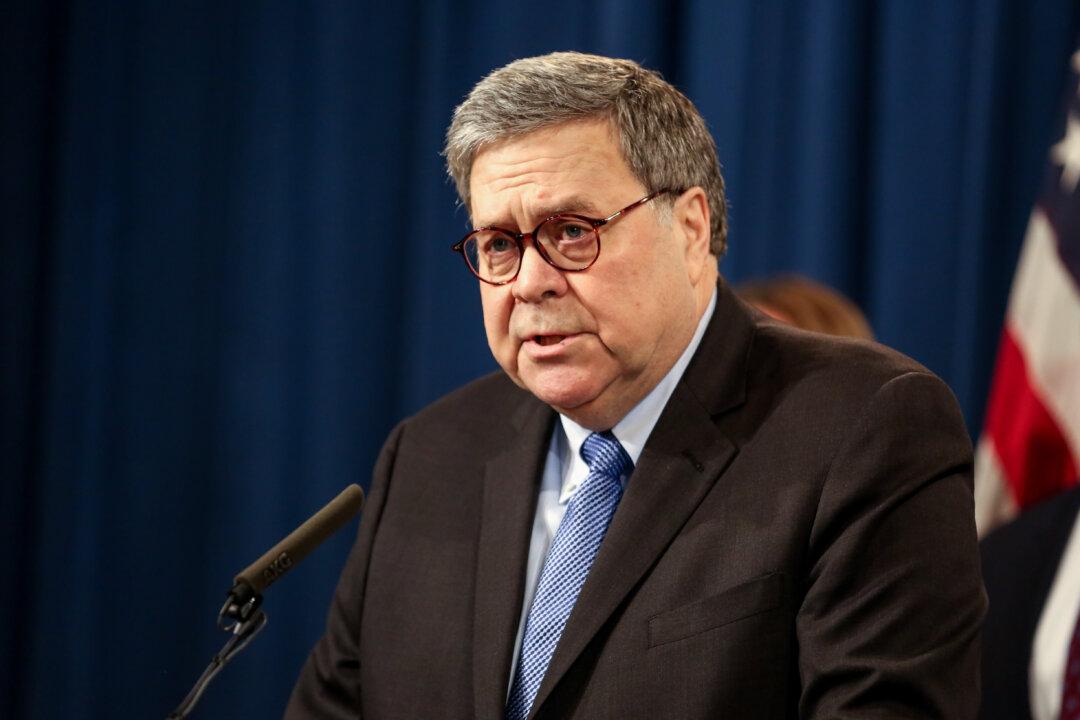Attorney General William Barr said the United States would not pursue the death penalty against two alleged ISIS terrorists accused of playing a role in the kidnapping, torture, and beheading of Western hostages. The move lifts a hurdle that blocks the UK government from sharing information with prosecutors in the U.S. effort to put the men on trial.
Barr provided an assurance to the British Home Secretary in a letter this week that the United States will not seek the death penalty against El Shafee Elsheikh and Alexanda Kotey if the UK government shares evidence that could assist in any possible U.S. prosecution of the two men. Elsheikh and Kotey were captured by Syrian Kurdish forces in 2018 and were later transferred to the custody of the U.S. military.




